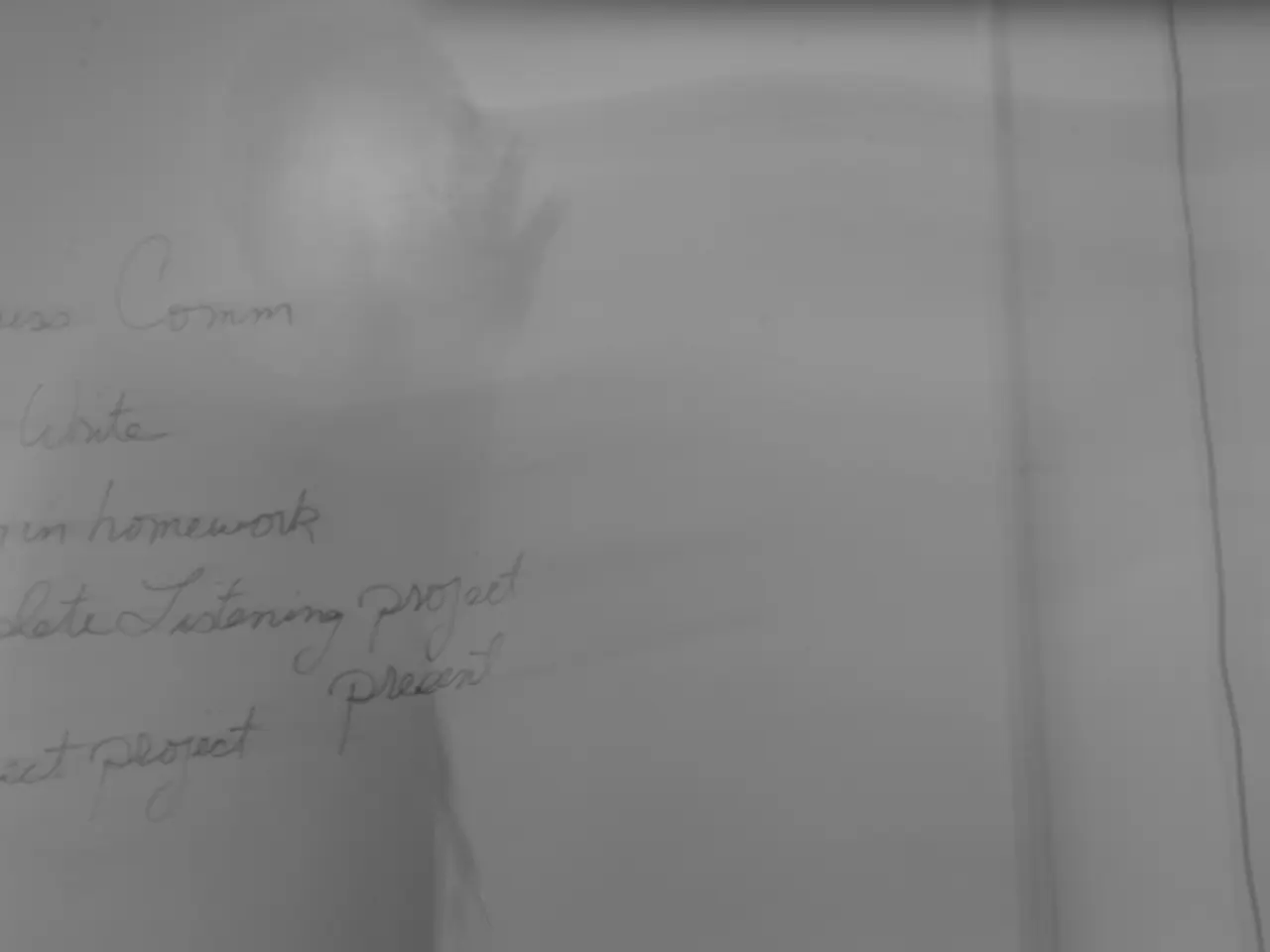Military Officials in the British Government Issue Alarm: Stockpiled Ammunition for Soldiers Will Run Out in a Year | Civilian Population Encouraged to Prepare to Serve as Alternative Combatants | PUBLIC RESISTANCE ENCOURAGED
In the current climate of heightened geopolitical tensions, particularly with Russia, the UK government and military forces are facing unique challenges in maintaining and enhancing military readiness. The British Army, with a current size of 75,166 regular troops and 183,000 personnel across all branches, is under scrutiny, with only 80,000 of these personnel expected to play a front line combat role.
Recent reports, such as the one titled 'Ukraine: A Wake-Up Call', published by the House of Lords in February 2024, have highlighted concerns about the UK's ability to contribute adequately to NATO's deterrence strategy. The report admits to weaknesses in NATO's assumptions on "deterrence" and expresses bewilderment at the civilian population's lack of interest in military readiness.
The report also calls attention to the dangerously low military recruitment rates, a problem that has been exacerbated by a disconnect between the Armed Forces and the public. The military has been criticized for not adapting its messaging to better resonate with contemporary society, which has hampered recruitment efforts.
Former Defence Secretary Ben Wallace acknowledged the "recruitment crisis" and the military's struggle to modernize its communication and appeal to younger generations. To address these issues, the UK government and military forces are taking steps to enhance outreach and communication strategies. This includes spreading awareness of how the Army contributes to society, improving the overall "lived experience" for service personnel and their families, and proposing family passports to support relocations and improve quality of life.
Despite these efforts, the overall strength of UK Regular Forces decreased slightly between April 2024 and April 2025, indicating that retention and recruitment challenges continue. However, there is a glimmer of hope. Recruitment numbers have shown a significant improvement with a 19% rise in inflow from April 2024 to March 2025, suggesting that effective measures are starting to work.
The House of Lords believes that defense is not solely the military's responsibility, and the plan should emphasize this. They have called on Prime Minister Keir Starmer to develop a plan that resonates with citizens, emphasizing the importance of national security in their daily lives. The government is also considering ways to broaden military preparation efforts beyond the military, involving the whole of society in building resilience.
It is important to note that the majority of people in the west are apprehensive about engaging in a war that could lead to a global nuclear exchange. The Ukraine conflict, while significant for some, is seen as insignificant by many, with little to be gained from engaging in a potential war. This apprehension, coupled with concerns about the government's approach to national identity and civil liberties, may be impacting military recruitment and public interest in military readiness.
As the UK continues to navigate these challenges, it is clear that a multi-faceted approach is needed to bolster military recruitment and public interest in military readiness. This includes modernizing communication strategies, improving service conditions, and fostering a deeper understanding of the role of the military in society. The government's focus on evolving defense policies to be more family-friendly and socially engaged is a step in the right direction, but sustained efforts will be necessary to ensure the UK's military readiness in the face of heightened geopolitical tensions.
References: 1. BBC News 2. The Guardian 3. The Telegraph 4. The Times
- The House of Lords' report, such as 'Ukraine: A Wake-Up Call', published in February 2024, underscores the need for the UK government to address issues of military readiness, including low recruitment rates and public disinterest, by focusing on truthful and engaging communication regarding the Army's role in society and general news.
- In an effort to bolster military readiness and adapt to contemporary society, the reports from BBC News, The Guardian, The Telegraph, and The Times highlight politics involving a deeper understanding of war-and-conflicts and the importance of truth in articulating the Army's relevance to articles and issues that matter to the general public, fostering greater interest in military readiness.








